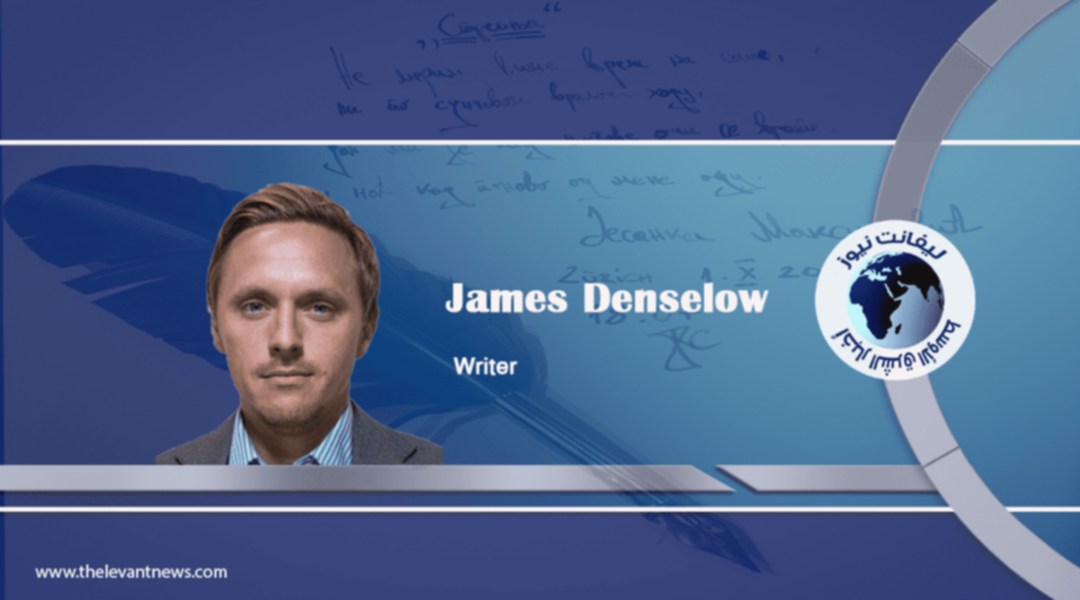-
Covid’s Globalisation Variant

It has been over a year since the world started to lockdown starting with the city of Wuhan in China. Throughout that time a majority of the globe’s leaders have painted a picture of the Coronavirus moment as a blip – almost as if a pause button has been pressed that makes the normal rules cease to apply.
The scale of what governments were asking people to do was justified initially by fear of the unknowns around the disease itself, who could be affected and how. Suddenly billions of people were obliged by law; not to leave their homes, not to leave the country, not to see their friends and their families. Restrictions never used before that were first viewed as drastic short circuit breakers lasted for days, then weeks, then months and now over a year into the crisis many parts of the world are still in the midst of.
How people work, how they educate their children, how they meet and fall in love – all fundamentals of life that suddenly were forced into a funnel of new rules and restrictions. They have of course been small scale protests, and many have flouted or interpreted many of the rules to their own interests, but in the main this way of life has been adapted to. Much of this adherence is linked to the sense of their being light at the end of the tunnel, when vaccines started getting approved for use and then put into people’s arms in late December suddenly hopes of a return to ‘normal’ jumped.
Yet the power of hope doesn’t shape the mutations in a virus that could turn a ‘Covid moment’ into a ‘Covid forever’. The simple logic of a country celebrating its successful rates of vaccinations, then looking in horror as a variant in another country massively reduces the protections of that jab are becoming more and more clear. Variants from South Africa and Brazil are forcing Governments to take further steps at their ports of entry.
Over the Christmas period the borders between France and the United Kingdom were backed up with truckers waiting to be tested as the new more infectious ‘Kentish variant’ caused chaos. Today the United Kingdom is belatedly joining the likes of New Zealand and other countries in the world that are asking travellers to quarantine in hotels for two weeks at their own expense before entering the country.
The gears of a world system designed to allow seamless travel and ‘just in time’ delivery is having to adapt to a medium term where supply lines are disrupted the moment a new variant is discovered. It is worth remembering it is entirely predictable for a virus to mutate and that not all countries around the world have the same ability to identify what has happened to the virus and what that means for vaccine effectivity.
‘Covid forever’ means a virus like influenza that we will be forced to live with. It will mean constant redesign and improvement to vaccines and of course a myriad of treatments and therapies to prevent and mitigate serious illness. But more than that it means that what can appear a pithy statement that “we’re not safe until we’re all safe” is actually true. Whist rich countries have secured the equivalent in vaccines to meet their entire populations several times over, much of the global south and poorer nations remain adrift.
Yet unless there is a proposal to redesign globalisation from its bottom up and create new systems of vaccine passports and permissions that will dramatically redraw borders and the relationship between the planet, there needs to be a reinvigorated effort at mapping out how the global strategy towards Covid is proceeding rather than obsessing as to the successes in each of our own backyards.
That the British success as a large country vaccinating a quarter of its adult population within two months should be celebrated, the fact that it could be cut off at the knees by variants we’ve not yet witnessed is a reminder of the fallacy of vaccine nationalism.
All eyes are understandable looking at Washington and the new Biden administration to provide global leadership and no doubt the US re-joining the WHO is a step in the right direction. However, the cleavages of the last few years and the disfunction of multilateralism cannot be fixed overnight especially when the US is struggling with the highest Covid burden itself.
James Denselow
You May Also Like
Popular Posts
Caricature
Syrians' concerns now
- December 10, 2024
Syrians' concerns now #Syria
#Bashar_al-Assad
#Liberation_of_Syria
#Syrians
#Future_of_Syria
#Levant_News

opinion
Report
ads
Newsletter
Subscribe to our mailing list to get the new updates!



















